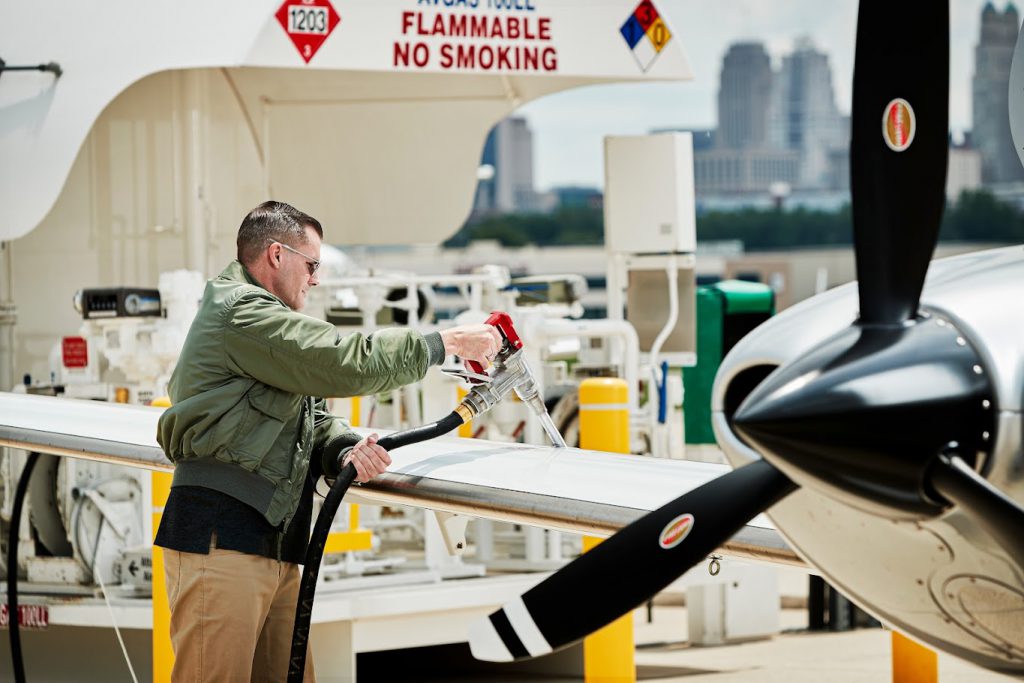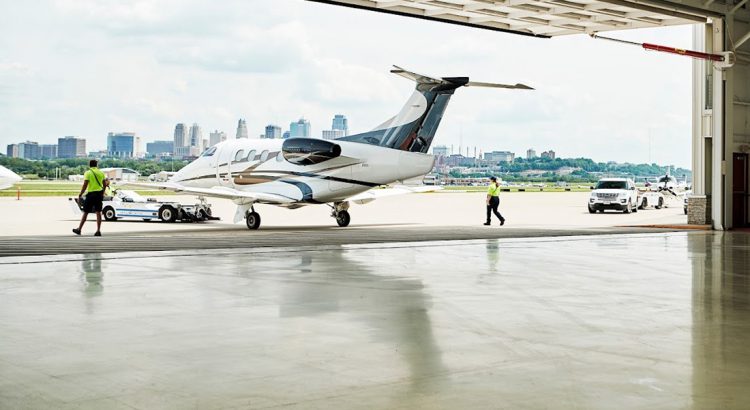Kansas City Wheeler Downtown Airport (MKC) supports nearly 2,800 jobs, resulting in $251 million in payroll, with total regional economic impact surpassing $625 million.

The findings stemmed from an economic impact study by Kimley Horn conducted as part of a Master Plan Study, commissioned by the Kansas City Aviation Department and led by Coffman Associates.
The Master Plan was kicked off February 7, 2023, and is expected to be complete in fall 2024.
“The economic impact numbers show that Kansas City Wheeler Downtown Airport continues to be a driving force in the Kansas City area economy, and we’ve only seen this impact accelerate as more economic development and large events occur in the city,” said Kansas City Aviation Director Melissa Cooper. “The airport serves in tandem with Kansas City International Airport in supporting businesses and citizens in the region, as well as acting as shining front doors to our community. Both facilities do their part in creating and maintaining thousands of jobs in the region.”

The Kansas City Wheeler Downtown Airport is a general aviation facility located in the heart of Kansas City, owned and operated by the Kansas City Aviation Department. The Airport provides an essential link between the Kansas City region and the larger air transportation network for many residents and businesses. It serves as a reliever airport reducing delays at for Kansas City International Airport by directing many smaller aircraft away from commercial air traffic.
By offering corporate aviation facilities needed to transport people and goods in and out of the area, MKC supports numerous business tenants at the airport, facilitates air cargo movements, serves as a base for air medical operations, and much more. This economic impact study quantifies the significant annual economic contribution of the Airport to the region and highlights the tremendous qualitative value of the airport to the local community.
There are three measures used to express the economic impact of MKC: jobs, payroll, and output.
- Jobs: Total number of people employed as supported by the Airport’s operation.
- Payroll: Total compensation (wages and benefits) that is earned by these jobs.
- Output: Represents the expenditures needed to administer the Airport, sales of goods and services by business tenants, budget expenditures by public agencies located at the Airport, the cost of capital expenditures, and visitor spending.

The economic impacts of MKC are presented at three distinct levels to describe where in the economic cycle the impact is generated: Direct Impacts, Multiplier Impacts, and Total Impacts.
- Direct Impacts represent economic benefits of on- and off-airport activity generated by the Airport (e.g., Airport administration, capital expenditures and tenant spending, as well as visitor spending).
- Multiplier Impacts are measured by indirect and induced impacts resulting from the “spin-off” benefits throughout the community. Multiplier Impacts are made up of Indirect and Induced impacts.
- Indirect Impacts: Businesses and individuals buy goods and services from other businesses in the metropolitan area (e.g., visitors arriving by aircraft and spending on local food, hotels, entertainment, transportation, and other activities).
- Induced Impacts: Airport employees, tenants and users purchase goods and services from other businesses throughout the region (e.g., workers’ spending wages and other income for household goods, services, and entertainment).
- Total Impacts are the sum of Direct and Multiplier (Indirect and Induced) impacts and determine total economic impact.
The Kansas City Aviation Department and its partners have hosted two public information workshops as part of a Master Plan Study.
Master Plan Studies must be conducted periodically at most US airports in accordance with Federal Aviation Administration regulations. A Master Plan is a proactive document that identifies and then plans for future facility needs to ensure that airport management can coordinate project approvals, design, financing, and construction to avoid experiencing detrimental effects due to inadequate facilities. The ultimate goal of the study is to provide systematic guidelines for the airport’s overall maintenance, development, and operation.
Information about the Economic Impact Study is available at MKC.AirportStudy.net/Economic-Impact and Master Plan Information is at MKC.AirportStudy.net and airport information is at FlyMKC.com.
The Kansas City Airport System is an Enterprise Fund Department of the City of Kansas City, Mo., and is supported wholly by airport user charges. No general fund tax revenues are used for the administration, promotion, operation, or maintenance of the airports in the system. Visit FlyKC.com for more information.




